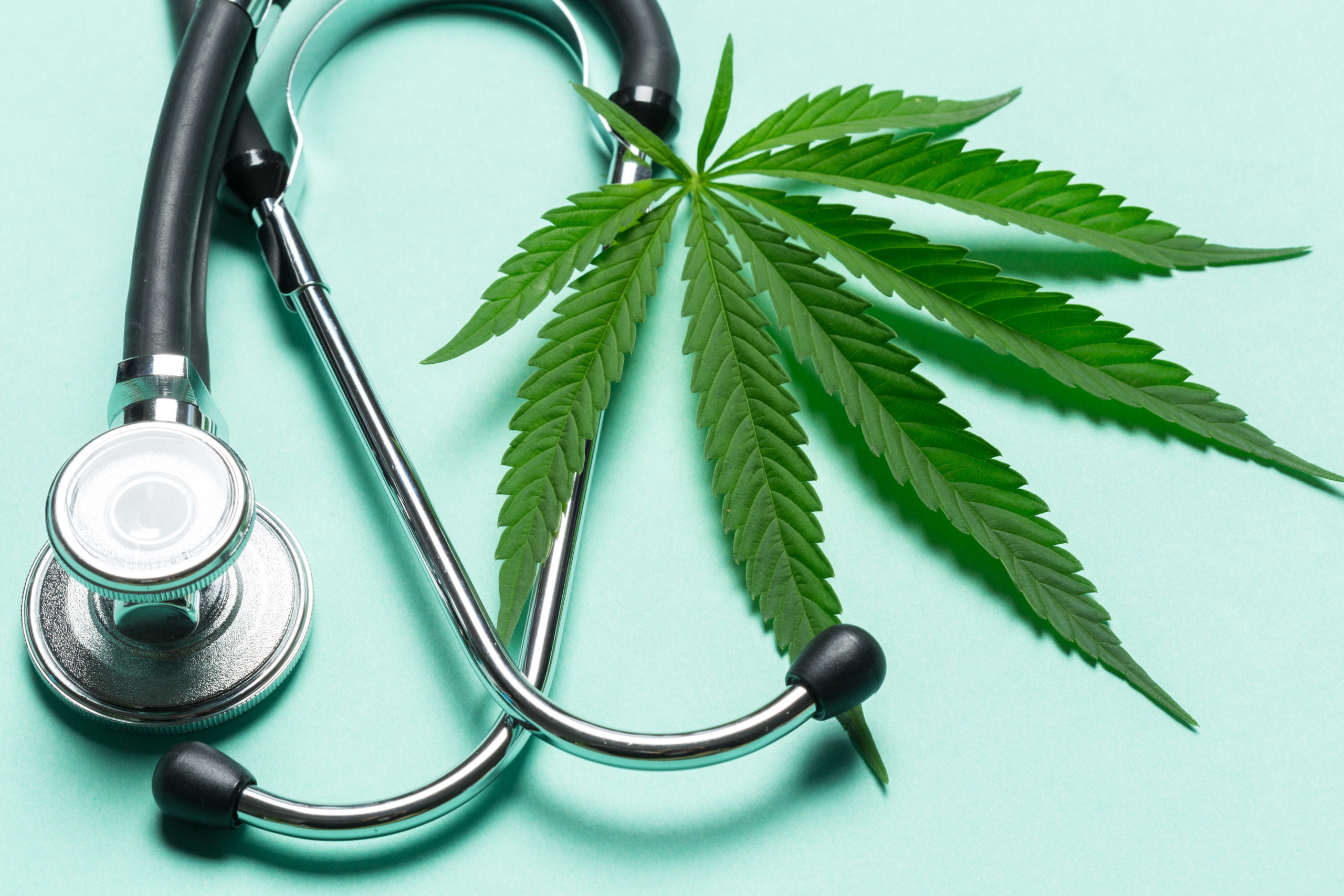Does Insurance Cover Medical Marijuana?
 Does insurance cover medical marijuana?
Does insurance cover medical marijuana?
The short answer is no.
Most insurance companies – whether public or private – won’t pay for medical marijuana recommendations. That means you don’t have much choice but to pay for your medical cannabis out-of-pocket.
This might seem confusing given that 37 states have already legalized the use of medical marijuana. But it is true. Cannabis is a Schedule 1 drug at the national level, meaning the federal law handles cannabis as a substance that could be abused or cause addiction.
As a result, no part of marijuana for medical purposes – including physician’s visits, registering for a medical marijuana card, and buying the medicine – is covered by insurance. Worse, the situation is expected to remain unchanged for the foreseeable future.
Here’s what we will discuss in this article:
- Is medical marijuana safe and effective?
- Does Medicare cover medical marijuana?
- Does Medicaid cover medical marijuana?
- Do private health insurance plans cover it?
- Effects of medical marijuana card on your insurance costs.
Is Medical Marijuana Safe and Effective?
An overwhelming body of evidence indicates that medical marijuana is indeed safe and effective for various conditions. These conditions include:
- Chronic pain.
- Multiple sclerosis (MS).
- Nausea and vomiting caused by chemotherapy.
In addition to the conditions mentioned above, there are certain illnesses – sleep issues, Tourette’s syndrome, low appetite, etc. – for which medical cannabis might be helpful. Speak to your doctor to know more about the safety and effectiveness of medical marijuana.
Does Medicare Cover Medical Marijuana?
In most cases, Medicare won’t cover the cost of medical marijuana. That is because the US Food and Drug Administration (FDA) has yet to declare that cannabis is safe and effective for medical use. Unless the FDA changes course, Medicare won’t cover medical cannabis.
That said, there are at least three cannabis-based or cannabis-related medications that Medicare covers. These medications include Epidiolex (epilepsy) and three anorexia drugs (Syndros, Marinol, and Cesamet). Medicare covers all these drugs because the FDA has approved them.
Put simply, if your doctor prescribes any of the FDA-approved drugs listed above, your Medicare prescription drug plan might be able to cover it.
Does Medicaid Cover Medical Marijuana?
Unlike Medicare, which is a federally-operated health insurance plan for people aged 65 and older, Medicaid is a health-assistance plan for low-income patients. But just like Medicare, Medicaid also doesn’t cover medical marijuana related expenses in the majority of cases.
Fortunately, there are a few states that offer reimbursement for medical marijuana-associated expenses, such as visiting a doctor who has recommended medical marijuana use. New York is one such state that offers refunds via Medicaid for patient evaluation as well as certification.
To make matters even more confusing, some states reimburse patients for medical marijuana purchased on a state level. For example, New Mexico and New Hampshire let their state residents claim reimbursements on medical cannabis purchases on a state level.
Still, on the federal level, Medicaid doesn’t cover medical marijuana and probably won’t do for the foreseeable future.
Do Private Health Insurance Plans Cover Medical Marijuana?
A vast majority of private health insurance providers refuse to cover medical marijuana-related expenses, visits, and services in their plans. That is because most of these companies operate on the federal level and have to comply with federally-mandated coverage requirements.
Even if the DEA gets rescheduled tomorrow or Congress decides to legalize medical cannabis the day after, it’s likely many private health insurance plans still won’t cover medical marijuana. After all, most of these plans refuse to cover over-the-counter Tylenol purchases.
Effects of Medical Marijuana Card on Your Insurance Costs
A medical marijuana card or medical cannabis card allows a patient to cultivate, obtain, or possess cannabis for medical use. This card is issued at the state level. At the time of writing, at least 33 states issue medical marijuana cards to their residents.
Here’s how medical marijuana might impact your insurance costs:
Health Insurance. In most cases, having a medical marijuana card won’t have any effect on your health insurance cost.
Car Insurance. Your car insurance rate may go up if you’re involved in an accident or traffic stop and are found to be driving under the influence. That might especially be the case if you are convicted.
Life Insurance. Medical marijuana might affect your life insurance rate. To give you an example, a life insurance company might increase your plans’ premium if it finds that you’re using medical marijuana for a severe and/or terminal condition.
Conclusion
When it comes to insurance, medical marijuana is still off-limits for the most part. The scarcity of FDA-approved treatments containing cannabis and the illegal status of marijuana at the federal level means most insurance plans and companies don’t cover medical marijuana.
Pitsas Insurances
September, 2022